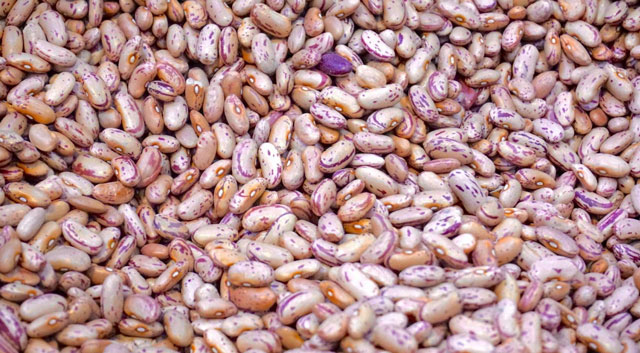
Kampala, Uganda | THE INDEPENDENT | Farming households in Uganda are increasingly staying away from growing millet and beans, with the yields of both crops dropping since 2008, Uganda Bureau of Statistics has shown.
Instead, the households are turning to cassava, maize, and bananas. These revelations are contained in the annual agricultural survey 2018.
According to UBOS, millet production has decreased by 25% since 2008, dropping from 189,000 metric tons in 2008 to 141,000 metric tons in 2018.
For beans, the drop has been even more sharp since 2008, with production dropping from 929,000 metric tons in 2008 to 707,000 metric tons in 2018.
Flavia Omo, a staffer in UBOS’ directorate of agriculture and environment, said while beans and millet production were falling, the statistics body noted increasing appetite for crops like maize, bananas and sorghum.
The reasons for the drop are various, including the fact that soils and predictability of weather patterns were failing most farmers. Also, the amount of work a farmer put in for beans and millet was much more than they put in for crops like sorghum, cassava, and maize.
Among the crops that have had healthy production is cassava. Its production jumped by 120% in 2018 despite a dry spell that affected farmers of the tubers in 2016.
According to UBOS, in 2017, households produced 1.9 million metric tons of cassava. This number grew to 4.1 million metric tons in 2018.
Maize, which is grown by the highest number of households (55%) in Uganda, saw its production grow by 18% from 2.8 million metric tons in 2017 to 3.3 million metric tons in 2018.
For bananas, households produced 6.5 metric tons in 2018 compared to 4.6 million metric tons in 2017.
These figures don’t capture production by institutional farmers like schools and prisons.
Most of the household farmers stayed away from perennial crops like tea, cocoa and coffee. This is partly because of the land tenure that most households had, which limited their ability to grow crops like tea.
Emmanuel Menya, head of statistics at UBOS, said they found that only 30% of the agriculture households had legal documents to show ownership of their land in 2018. Mukono had the highest number of people with documents that showed land ownership followed by Mbarara.
Lack of the documents means there is a likelihood that one’s ownership of land can be contested, making most households fear to grow crops like tea and coffee that last long.
******
URN
 The Independent Uganda: You get the Truth we Pay the Price
The Independent Uganda: You get the Truth we Pay the Price


